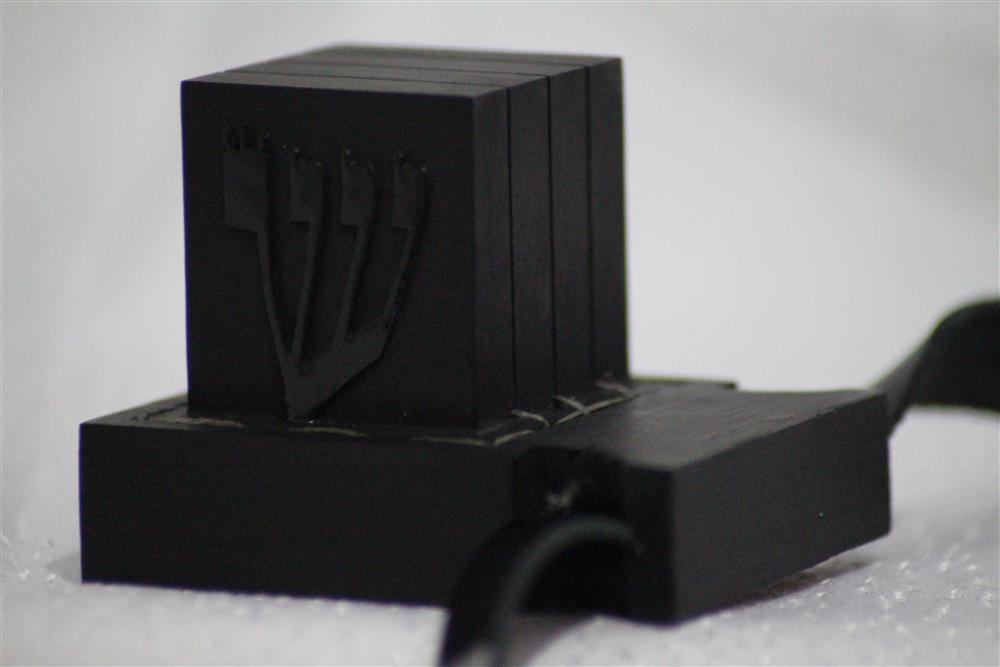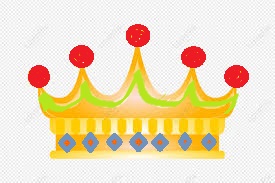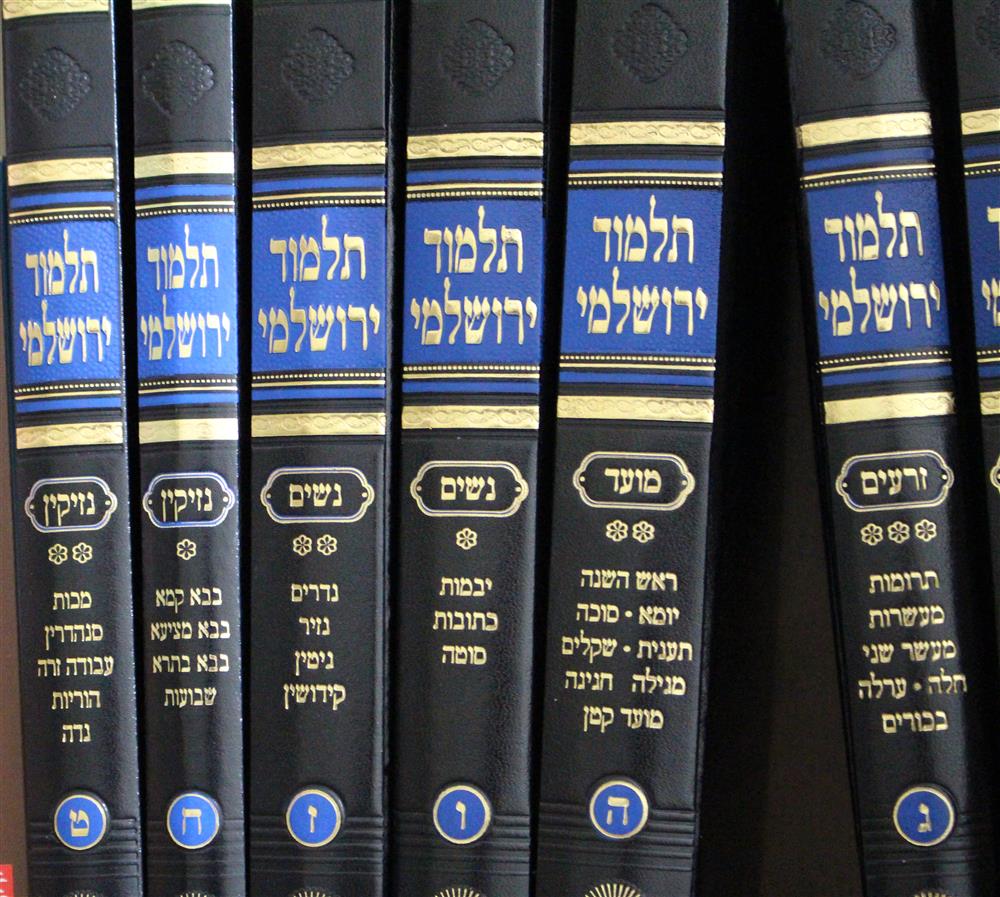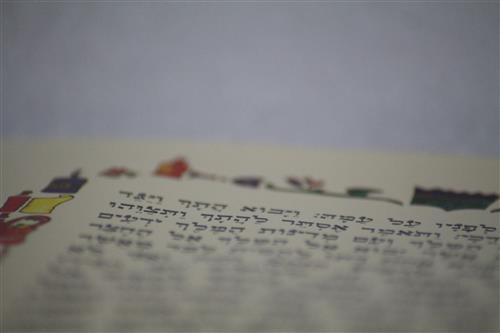הרב שי טחן ט שבט, תשפד19/01/2024
Our parasha (Bo) begins with Hashem telling Moses that He has made Pharaoh's heart stubborn so that Moses can convey to his children
Our parasha (Bo) begins with Hashem telling Moses that He has made Pharaoh's heart stubborn so that Moses can convey to his children how Hashem abused the Egyptians. Rashi explains that in this context, "abuse" refers to making a mockery of Egypt.
Those words suggest that Hashem is not merely punishing the Egyptians for their misdeeds but is also exacting revenge for the years-long oppression of the Jewish people. This is evident in the manner of punishment, which involves mockery rather than a straightforward form of retribution.
Upon reading these words, one might be puzzled as Hashem has commanded in the Torah that we should not take revenge on those who have wronged us(ויקרא יח, יט) . If that's the case, wouldn't it be appropriate for Hashem to set an example so that we can emulate His ways? While we can understand that Hashem should punish for the sins of the sinners, the punishment should be administered without the feelings of revenge, mockery, or abuse.
There are a few answers to this question:
a. a. The revenge that the Torah prohibits is limited to actions against fellow Jews, as the pasuk states(ויקרא יח, יט) : "You should not take revenge...against the members of your people." Chazal also illustrate this with a demonstration: In Midrash Raba, there is a question from Klal Israel asking Hashem why He is avenging against the nations when revenge is forbidden according to the Torah. Hashem replied that revenge is only restricted towards the Jewish nation. This command should not be interpreted in a racist way. Instead, it signifies that since a Jew is considered our brother, Hashem expects us to treat him in a special manner, akin to how one would treat their biological brother and refrain from seeking revenge against him.
b. The Gmara says that laws of revenge were mentioned only in relation to material things, hence, the Torah does not prohibit any other form of revenge. (ראה מחלוקת ראשונים בזה בחפץ חיים, לאוין ח, ט בבאר מים חיים)
Chazal explained (יומא כג,א רש״י על הפסוק)that the paradigm for revenge is illustrated when someone asks a friend to borrow a tool, gets refused, and later, when the friend requests to borrow a different tool, they are declined with the justification that the first tool wasn't lent yesterday. The Gemara provides examples of material items to teach that only in this way it is forbidden.
Although one does not violate the prohibition of revenge, it is still considered a highly elevated virtue to forgive a person and refrain from seeking revenge. Chazal state (Shabbat 88b): "Those who are insulted but do not insult back, hear themselves insulted but do not answer back... of them scripture says: 'But they who love Him shall be as the sun when it goes forth in its might' (Shoftim 5:31)."
Both of these answers leave a troubling question. Usually, when one attempts revenge, it is motivated by anger. Since anger is viewed extremely negatively in the Torah, with Chazal even comparing a person who gets angry to an idol worshiper, how can we permit revenge against the nations, and how can we permit it when it's not for material reasons?
c. Here we come to a third approach. When a person harms another, whether physically or verbally, the Torah does not forbid the victim from taking revenge. The Torah understands human nature and acknowledges that it's not always possible for someone to remain silent without responding. We clearly learn this idea from cases in the Torah where a person commits murder, and the relatives- referred to as Goel Hadam, might be hot-blooded enough to consider revenge. The Torah does not punish the relatives because it recognizes that it's almost beyond human capacity to refrain from responding to someone who has killed a family member. However, one needs to exercise caution not to seek revenge after the anger has subsided. We learn from this that while anger is a very negative character trait, there are instances when it is understood, and individuals are not judged for their actions during those moments.
As a demonstration of this, we learn from halacha in Shulchan Aruch (חו״מ סימן תכא סי״ג ובסמ״ע) that if someone hits another, and the person who got hit hits back, they are exempt from punishment. The Prisha adds that this exemption applies even if the person doesn't retaliate immediately, rather later as long as he remains angry and hot-blooded.
The Chafetz Chayim explains (לאוין ח, ט בבאר מים חיים) that the reason a person is exempt from punishment for hitting back is because human nature doesn't allow someone who has been assaulted to remain still like a stone. However, once the person calms down, retaliation is prohibited. It's important to note that the exact time for calming down varies for each individual, given the differences in their nature.
Those words suggest that Hashem is not merely punishing the Egyptians for their misdeeds but is also exacting revenge for the years-long oppression of the Jewish people. This is evident in the manner of punishment, which involves mockery rather than a straightforward form of retribution.
Upon reading these words, one might be puzzled as Hashem has commanded in the Torah that we should not take revenge on those who have wronged us(ויקרא יח, יט) . If that's the case, wouldn't it be appropriate for Hashem to set an example so that we can emulate His ways? While we can understand that Hashem should punish for the sins of the sinners, the punishment should be administered without the feelings of revenge, mockery, or abuse.
There are a few answers to this question:
a. a. The revenge that the Torah prohibits is limited to actions against fellow Jews, as the pasuk states(ויקרא יח, יט) : "You should not take revenge...against the members of your people." Chazal also illustrate this with a demonstration: In Midrash Raba, there is a question from Klal Israel asking Hashem why He is avenging against the nations when revenge is forbidden according to the Torah. Hashem replied that revenge is only restricted towards the Jewish nation. This command should not be interpreted in a racist way. Instead, it signifies that since a Jew is considered our brother, Hashem expects us to treat him in a special manner, akin to how one would treat their biological brother and refrain from seeking revenge against him.
b. The Gmara says that laws of revenge were mentioned only in relation to material things, hence, the Torah does not prohibit any other form of revenge. (ראה מחלוקת ראשונים בזה בחפץ חיים, לאוין ח, ט בבאר מים חיים)
Chazal explained (יומא כג,א רש״י על הפסוק)that the paradigm for revenge is illustrated when someone asks a friend to borrow a tool, gets refused, and later, when the friend requests to borrow a different tool, they are declined with the justification that the first tool wasn't lent yesterday. The Gemara provides examples of material items to teach that only in this way it is forbidden.
Although one does not violate the prohibition of revenge, it is still considered a highly elevated virtue to forgive a person and refrain from seeking revenge. Chazal state (Shabbat 88b): "Those who are insulted but do not insult back, hear themselves insulted but do not answer back... of them scripture says: 'But they who love Him shall be as the sun when it goes forth in its might' (Shoftim 5:31)."
Both of these answers leave a troubling question. Usually, when one attempts revenge, it is motivated by anger. Since anger is viewed extremely negatively in the Torah, with Chazal even comparing a person who gets angry to an idol worshiper, how can we permit revenge against the nations, and how can we permit it when it's not for material reasons?
c. Here we come to a third approach. When a person harms another, whether physically or verbally, the Torah does not forbid the victim from taking revenge. The Torah understands human nature and acknowledges that it's not always possible for someone to remain silent without responding. We clearly learn this idea from cases in the Torah where a person commits murder, and the relatives- referred to as Goel Hadam, might be hot-blooded enough to consider revenge. The Torah does not punish the relatives because it recognizes that it's almost beyond human capacity to refrain from responding to someone who has killed a family member. However, one needs to exercise caution not to seek revenge after the anger has subsided. We learn from this that while anger is a very negative character trait, there are instances when it is understood, and individuals are not judged for their actions during those moments.
As a demonstration of this, we learn from halacha in Shulchan Aruch (חו״מ סימן תכא סי״ג ובסמ״ע) that if someone hits another, and the person who got hit hits back, they are exempt from punishment. The Prisha adds that this exemption applies even if the person doesn't retaliate immediately, rather later as long as he remains angry and hot-blooded.
The Chafetz Chayim explains (לאוין ח, ט בבאר מים חיים) that the reason a person is exempt from punishment for hitting back is because human nature doesn't allow someone who has been assaulted to remain still like a stone. However, once the person calms down, retaliation is prohibited. It's important to note that the exact time for calming down varies for each individual, given the differences in their nature.








